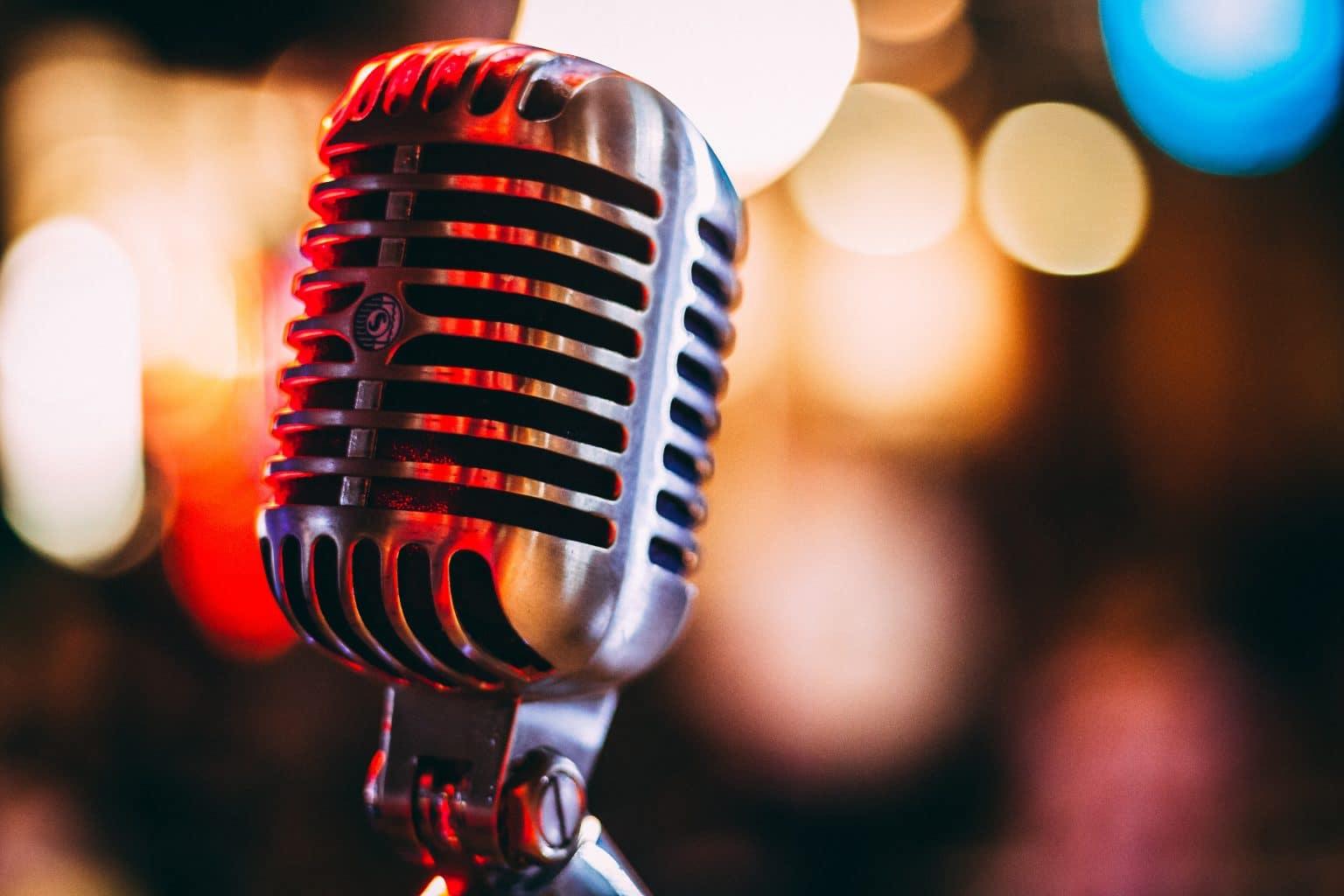Though you are probably familiar with the terms decibel and frequency when it comes to describing sound, you may not know exactly what they measure.
Defining Decibels and Frequencies

- Frequency: Measures the number of sound vibrations in one second in hertz (Hz)
- Decibel (dB): A way of describing amplitude or measuring a sound’s forcefulness.
In practical terms, frequency relates to how low or high-pitched a sound is. The higher the frequency, the higher-pitched the sound is. Decibel, on the other hand, refers to how loud a sound is. The more decibels a sound is measured, the louder the sound is. The louder the sound, the more likely it is to damage your hearing.
Common Noises on the Decibel Scale
Without context, decibels are just numbers. It can be helpful to know the average decibel rating of some common sounds:
- Normal conversation: 60 dB
- City traffic: 80-85 dB
- Motorcycle: 95 dB
- Sporting events: 100 dB
- Ambulance sirens: 120 dB
- Firecrackers: 140 dB
How Loud Does a Sound Have To Be To Cause Hearing Loss?
Exposure to any sound over 85 dBs can cause noise-induced hearing loss. The louder the sound, the less exposure it takes for damage to occur. According to the Centers for Disease Control and Prevention (CDC), any loud noise above 120 dB can cause immediate harm to your ears.
Sometimes this exposure happens suddenly, such as being close to a loud explosion. However, it’s often the result of daily exposure to loud environments. This could be from working in a field like construction or manufacturing. It could also be from engaging in hobbies like hunting or watching the Evansville Thunderbolts compete at Ford Center.
Protecting Your Ears From Noise Damage
You can take steps to prevent noise damage by using hearing protection like earplugs when in loud environments. If your exposure to loud noise primarily comes from work, ensure your workplace follows Indiana’s Occupational Safety and Health Administration guidelines for workplace hearing protection.
Hearing Loss Often Affects High-frequency Sounds First
In cases where hearing loss is the result of noise damage, it’s often higher-frequency noises that are first affected. This can make it difficult to hear speech, specifically people with higher-pitched voices like women and children.
Treating your hearing loss with hearing aids can help improve your ability to hear higher-pitched sounds and communicate effectively with those around you.
If you want to learn more about protecting your hearing or schedule an appointment with one of our experts, call Hearing Healthcare Center, Inc. today.